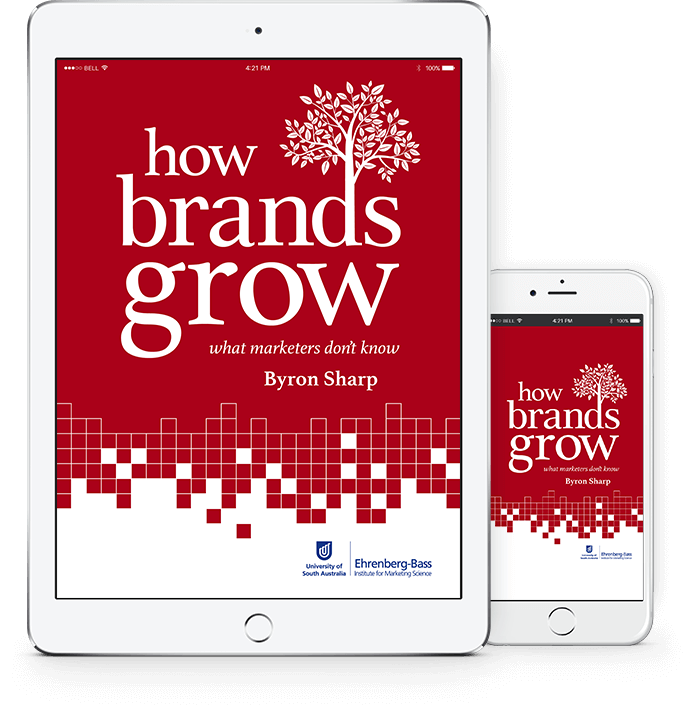29th of September 2014

What causes the Double Jeopardy law?
I was recently asked for a causal explanation of marketing’s Double Jeopardy pattern.
This is discussed in How Brands Grow (e.g. table 3.3 and surrounding text). Also see page 113 of my textbook. Though the most complete explanation is in the forthcoming “How Brands Grow part 2”.
It’s worth noting that causal explanations turn out to be ‘in the eye of the beholder’… e.g. what caused that window to break?
… the speed and mass of the ball resulting in sufficient force to break the molecular bonds in the glass of that window
… Jonny playing baseball on the front lawn when his Mum told him not to
… the wind, the pitch, the sun in Jonny’s eyes
… the Smith’s skimping and not installing double glazing ignoring their builder’s advice
All are better or worse explanations, depending on your point of view.
It’s the same for Double Jeopardy.
One explanation is simply that it’s a scientific law, it describes a bit of the universe, and that’s it… it’s simply how the world is. We don’t tend to ask why is there an opposite and equal reaction for every action (Newton’s first law), there just is.
The statistical explanation of Double Jeopardy is that it is a selection effect. Because brand share depends largely on mental and physical availability, rather than differentiated appeals of different brands. For marketers this is pretty important, pretty insightful, we wouldn’t get Double Jeopardy if brands were highly differentiated appealing to different segments of the market. Since we do see Double Jeopardy all over the place that suggests that real-world differentiation is pretty mild. Mental and physical availability must be a much bigger story than differentiation. That’s a very important insight.





